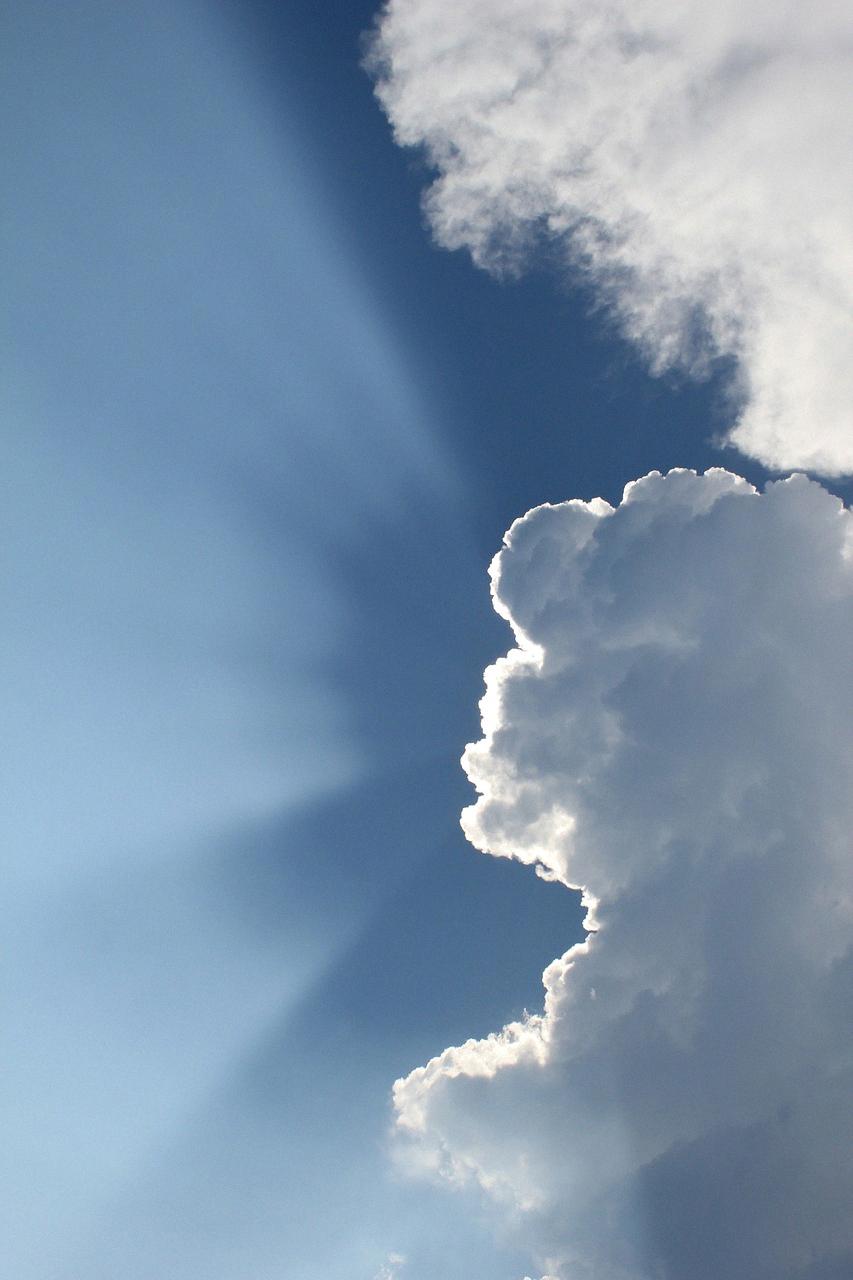When it comes to celebrations and holidays, Jehovah’s Witnesses have a unique perspective that sets them apart from many other religious groups. In this article, we will explore the beliefs and practices of Jehovah’s Witnesses regarding holidays, shedding light on why they do not participate in traditional holiday festivities.
Understanding Jehovah’s Witnesses and Their Beliefs
Jehovah’s Witnesses are a religious group known for their dedication to their faith and adherence to biblical teachings. They believe in the sovereignty of Jehovah, the name they use for God, and consider the Bible as the ultimate authority in their lives. With a strong emphasis on biblical teachings, Jehovah’s Witnesses strive to live in accordance with the principles found in the scriptures.
The Concept of Holidays in Jehovah’s Witness Faith
When it comes to holidays, Jehovah’s Witnesses have a different perspective compared to mainstream society. They believe that many traditional holidays have pagan origins or associations with false religious beliefs. Therefore, they choose not to participate in these celebrations, aligning with their belief that true worship should be pure and separate from anything that contradicts biblical teachings.
Why Jehovah’s Witnesses Do Not Celebrate Traditional Holidays
One of the primary reasons Jehovah’s Witnesses do not celebrate traditional holidays is their biblical interpretation of idolatry. They believe that participating in holiday festivities, such as Christmas or Easter, can be seen as worshiping false gods or engaging in practices that go against their understanding of God’s teachings. They strive to maintain a pure form of worship, free from any associations with other deities or religious beliefs.
Moreover, Jehovah’s Witnesses also abstain from celebrating birthdays. They base this decision on the biblical accounts of birthday celebrations in which negative outcomes were often associated with such festivities. They believe that honoring a person’s birth with parties and gift-giving can promote self-centeredness and distract from the worship of God.
Alternative Ways Jehovah’s Witnesses Commemorate Significant Events
While Jehovah’s Witnesses refrain from participating in traditional holidays, it’s important to note that they still find meaningful ways to commemorate important events in their faith. Some of these celebrations include:
Memorial of Christ’s Death
Each year, Jehovah’s Witnesses gather to observe the memorial of Christ’s death. This solemn event allows them to reflect on the sacrifice of Jesus Christ and express their gratitude for the salvation it offers.
Annual Conventions and Assemblies
Jehovah’s Witnesses organize annual conventions and assemblies where members come together to learn, worship, and strengthen their faith. These events provide a sense of community and spiritual growth.
Weddings and Anniversaries
Jehovah’s Witnesses celebrate significant milestones in the lives of individuals within their community, such as weddings and anniversaries. These occasions allow them to demonstrate their love and support for one another within the bounds of their faith.
Addressing Misconceptions About Jehovah’s Witnesses and Holidays
There are often misconceptions surrounding Jehovah’s Witnesses and their stance on holidays. It is essential to understand that their decision not to celebrate traditional holidays is based on their religious beliefs and interpretations of the Bible. Jehovah’s Witnesses do not seek to impose their beliefs on others, but rather hope to live in accordance with their own understanding of God’s teachings.

Conclusion
Jehovah’s Witnesses have a distinct perspective when it comes to holidays and celebrations. While they refrain from participating in traditional holiday festivities due to their beliefs and concerns about idolatry, they still find meaningful ways to commemorate significant events within their faith. Understanding and respecting their practices can lead to a more inclusive and respectful society.
